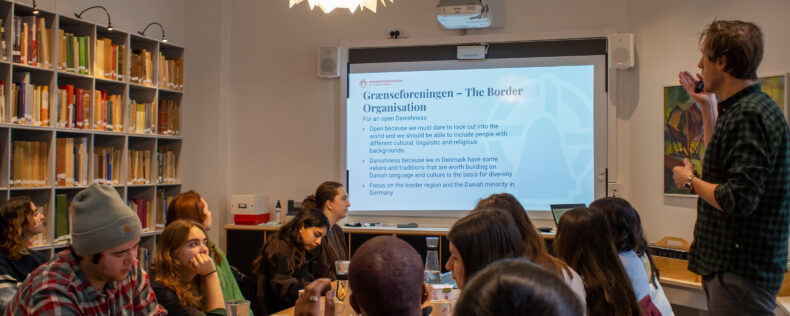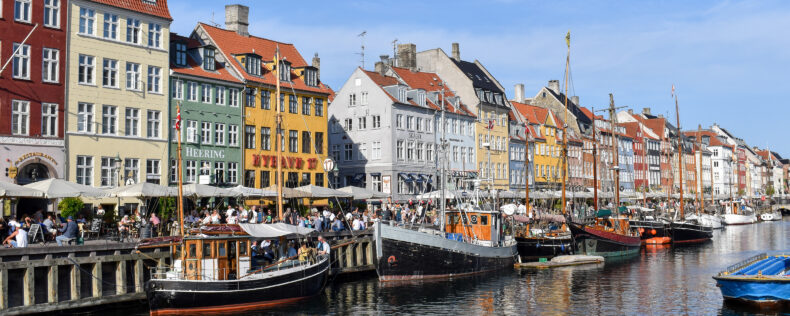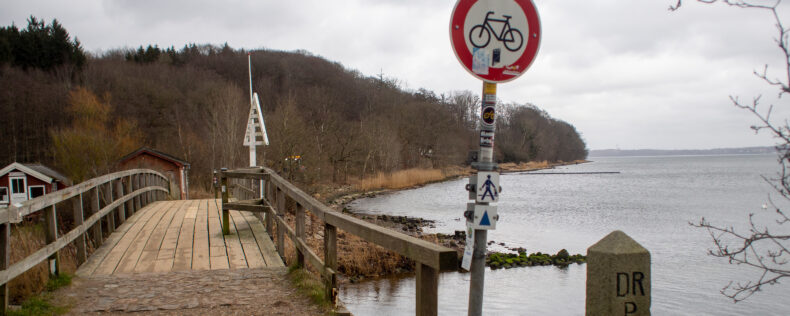The short Study Tour in Denmark consists of a wide range of academic and experiential visits. We will hear from scholars, practitioners, activists, volunteers, lawyers, historians, and those seeking refugee status in Denmark. Each of the visits will engage with the core themes of the course and, together, will provide a snapshot of the contemporary Danish refugee system.
We will engage with many pressing issues within the field: the complex and laborious refugee status determination system, the ‘paradigm shift’ in Danish refugee policy and the turn to ‘temporary protection’; the ongoing controversy surrounding the Danish determination that returns to Syria are safe; the policy of requiring all those claiming asylum to reside in the ‘refugee camps,’ and the deleterious impacts of life in those camps; and debates around the externalization of borders and proposals to transfer all those claiming asylum to third states such as Rwanda.
By the end of the Study Tour, you will have acquired a critical insight into the Danish refugee system and the evolution of Danish bordering practices, be able to interrogate that system from a decolonial perspective, and be prepared to situate their analysis in a broader understanding of the contemporary evolution of European and international refugee law and policy.
Tour Objectives
- Explain, analyze, and discuss the legal and political circumstances under which people are granted or refused asylum in Denmark, and the conditions of their containment during and after their claims have been processed
- Reflect on the lived experiences of refugees in Denmark since 2015, and the impact of evolving refugee policy and practice on their experience of settlement and integration in Denmark
- Reflect on the role played by local refugee support groups, international organizations and NGOs, Danish political and administrative actors, and refugees themselves, in constructing and contesting Danish refugee policy since 2015
Possible Activities
- Danish refugee policy and bordering practices, and the national refugee museum, recently opened on the site of a WWII refugee camp
- Meet with a range of actors including practitioners, activists, volunteers, lawyers, historians and those providing support and solidarity to people seeking refugee status in Denmark
- Meet with people on the move, those claiming asylum and those awaiting removal from Denmark, and engage in structured discussion in order to understand the lived experience of those caught up in Denmark’s bordering practices


